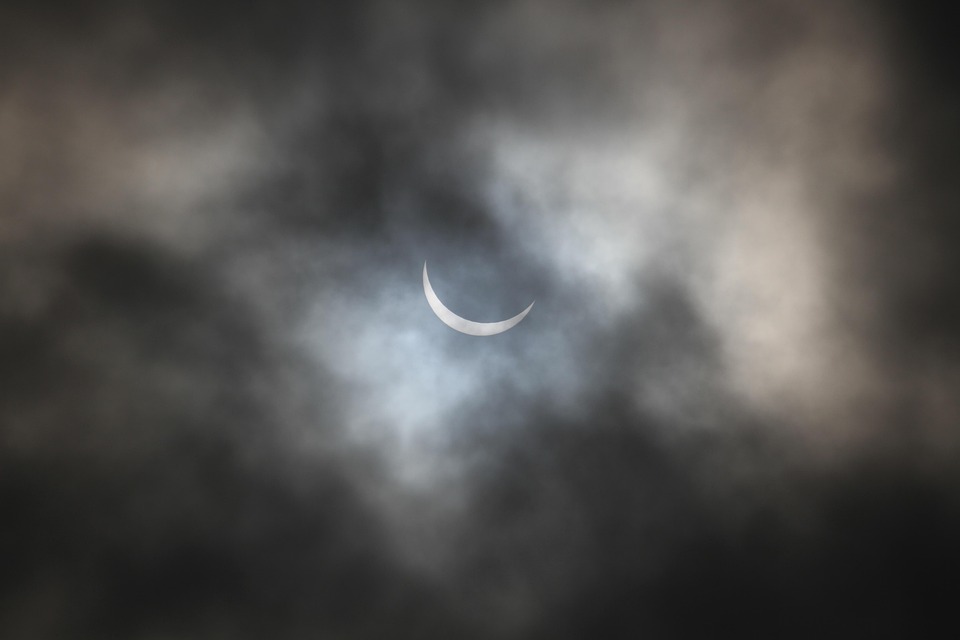Solar eclipses have long been a source of fascination and awe for humans, with many cultures believing these celestial events hold spiritual and mystical significance. As the moon passes between the earth and the sun, blocking the sun’s light and casting a temporary shadow on our planet, people around the world come together to witness and honor this rare and spectacular phenomenon. In this article, we will delve into the various rituals and ceremonies surrounding solar eclipses across the globe, exploring the diverse ways in which different cultures interpret and celebrate these cosmic conjunctions.
Ancient Mythologies and Spiritual Significance
In many ancient mythologies, solar eclipses were believed to be omens or signs from the gods, often associated with significant events or changes in the world. For example, in ancient Chinese culture, solar eclipses were thought to occur when a dragon swallowed the sun, while in Norse mythology, an eclipse was believed to signal the start of the end of the world, known as Ragnarök. Similarly, in some African cultures, solar eclipses are still believed to be a time of spiritual renewal and rebirth, with many people gathering to perform rituals and ceremonies to mark the occasion.
Rituals and Ceremonies Across the Globe
From the colorful festivals of Asia to the sacred rituals of the Americas, solar eclipses are celebrated in a wide range of ways across the globe. Here are a few examples:
- India: In Hindu mythology, the demon Rahu is believed to swallow the sun during an eclipse, causing the temporary darkness. To ward off Rahu’s evil influence, Hindus perform rituals such as chanting and meditation, and offer prayers to the sun god, Surya.
- China: During a solar eclipse, the Chinese believe that the dragon’s swallowing of the sun can be reversed by making loud noises, such as banging drums or firing fireworks. This is thought to scare the dragon away and restore the sun’s light.
- Africa: In some African cultures, solar eclipses are believed to be a time of spiritual cleansing and renewal. People gather to perform rituals such as singing, dancing, and offering sacrifices to their ancestors and gods.
- Native America: Many Native American tribes believe that solar eclipses are a time of spiritual rebirth and renewal. They perform rituals such as smudging, chanting, and offering prayers to the spirits, and often gather to witness the eclipse together as a community.
Modern-Day Celebrations
While many ancient cultures continue to observe traditional rituals and ceremonies during solar eclipses, modern-day celebrations have also become increasingly popular. From music festivals to stargazing parties, people around the world come together to witness and enjoy the spectacle of a solar eclipse. With the advent of social media and live streaming, it’s now possible for people to share their eclipse experiences and connect with others across the globe in real-time.
Conclusion
Solar eclipses are a rare and awe-inspiring phenomenon that have captured the imagination of humans for centuries. From ancient mythologies to modern-day celebrations, the rituals and ceremonies surrounding these cosmic conjunctions reflect the diverse spiritual, cultural, and scientific significance that people attribute to them. Whether you’re a spiritual seeker, a science enthusiast, or simply someone who appreciates the beauty of the universe, solar eclipses offer a unique opportunity to connect with others and experience the wonder of the cosmos.


Leave a Reply